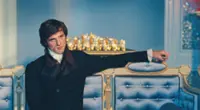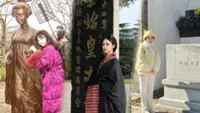There has been a mixed response from anti-racism groups over a newly modified version of the Tintin comic books, after it was widely criticised over its colonialist depiction of Africans.
Tintin In The Congo by Belgian comic strip artist Herge, the second volume of The Adventures Of Tintin, was first published in 1931.





